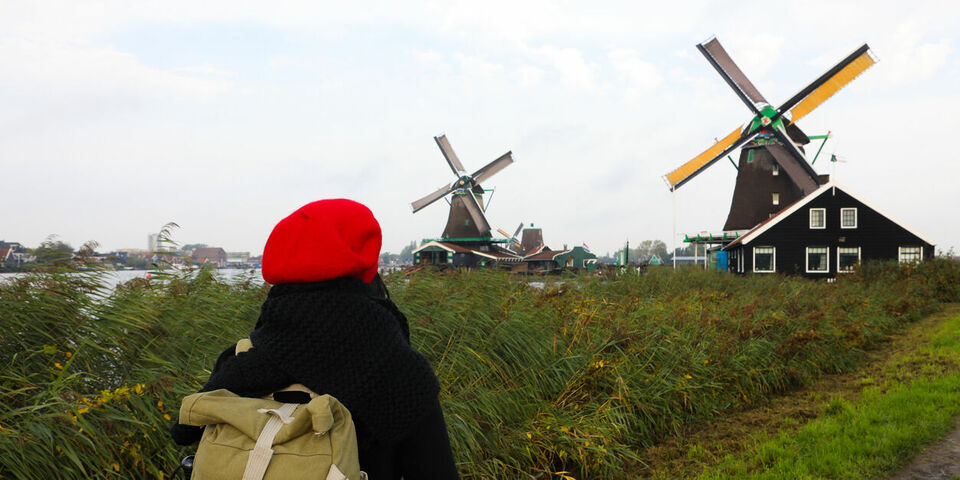More international students stay on, especially in Amsterdam
An increasing number of international students are staying on in the Netherlands to work after they graduate. Having obtained their degree, most of them flock to Amsterdam. A new study by ROA reports that Limburg, Twente and Groningen hold far less appeal for foreign students.
For some time, the view that internationalisation in higher education has gone too far had gained ground in the House of Representatives. More recently, however, concerns about major labour market shortages are making a comeback: doesn’t the Dutch economy have a real need for all this foreign talent?
The Maastricht Research Centre for Education and the Labour Market (ROA) has examined how many international graduates stay on to work in the Netherlands and where they end up.
Likelihood of staying
For years, the likelihood of a graduate staying on in the Netherlands hovered around 20 percent, but ROA’s latest study reveals a sharp rise. One year after graduation, this figure reached just under 40 percent among the 2020 cohort, rising to 43 percent among those who graduated in 2021. Last year, Statistics Netherlands (CBS) also reported an upward trend.
These graduates often gravitate towards Amsterdam. Under 20 percent of foreign graduates live in the Dutch capital initially but, five years on, this figure has risen to almost 30 percent. The study reveals that Maastricht, Groningen and Wageningen, in particular, struggle to hold on to their international graduates.
The researchers attribute Amsterdam’s popularity to the graduates’ “desire for a highly urbanised dynamic and international networks”. Another relevant factor is the ease of finding a job there that doesn’t require them to speak Dutch.
Thought experiment
As part of its report, ROA also conducted a thought experiment. What would the Dutch labour market look like in 2028 if all the foreign students left the country after graduation? Without them, the shortages in the engineering and IT sector would increase still further.
Even if they all stayed, the shortfall in these sectors would not be eliminated. That scenario would also lead to further surpluses in the economics and society sector, ROA calculates.
Imbalance
To hold on to their international graduates, the researchers advise the regions to introduce their foreign students to local employers early on in their studies. It would also help matters if these students opted for study programmes that correspond to the needs of the Dutch labour market.
Former Education Minister Robbert Dijkgraaf has sent a bill to the House of Representatives designed to correct the imbalances in internationalisation. His proposals also envisage a role for the labour market: higher education institutions in border regions and areas facing depopulation could be permitted to recruit more international students than those in the major cities. If the House of Representatives and the Senate pass the bill in its present form, it would also allow continued recruitment of foreign students by degree programmes in shortfall sectors.


Discussion